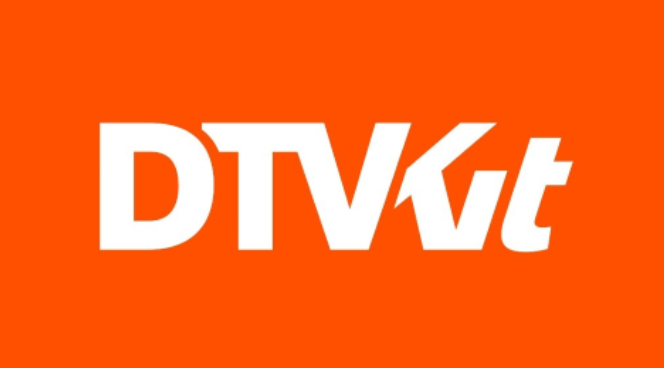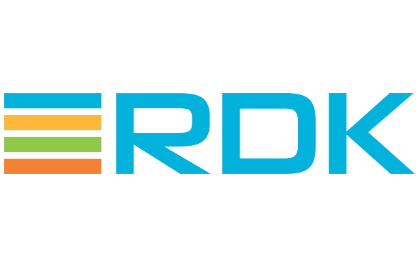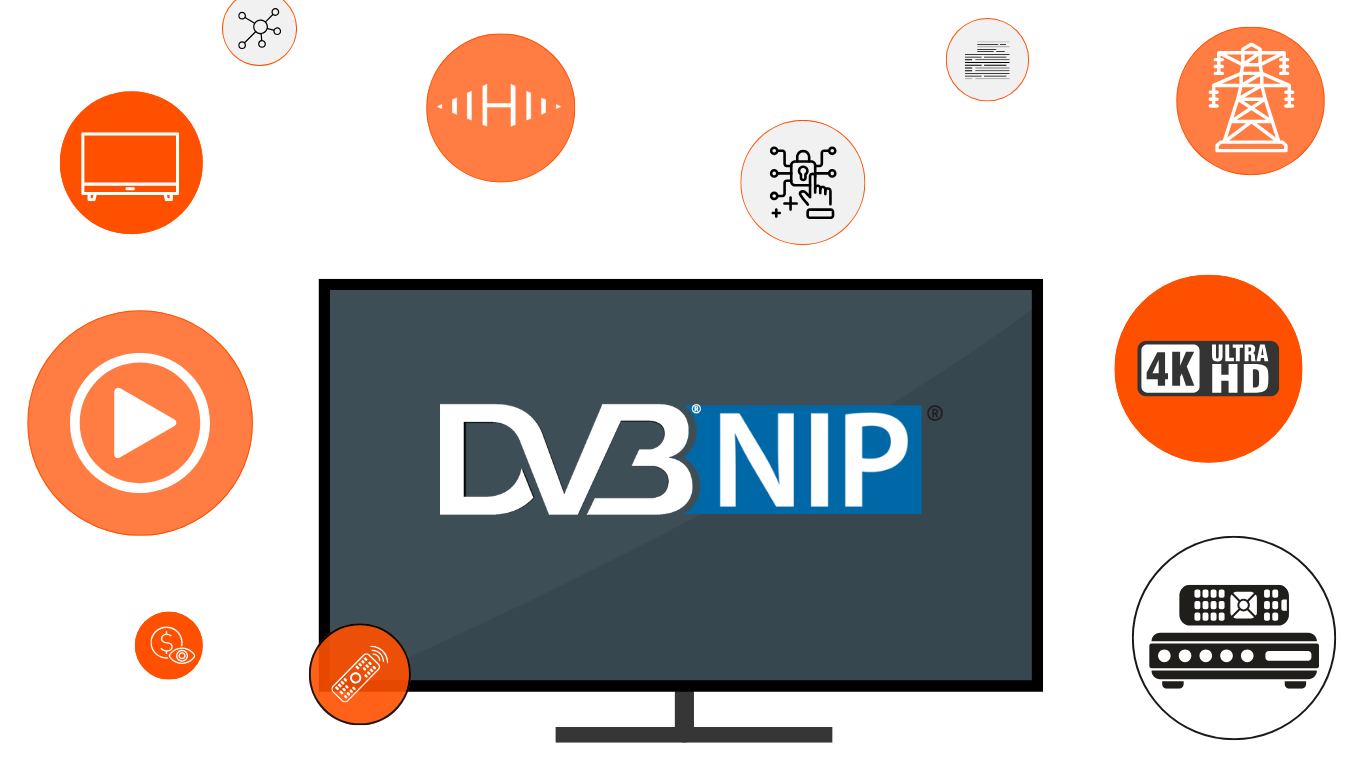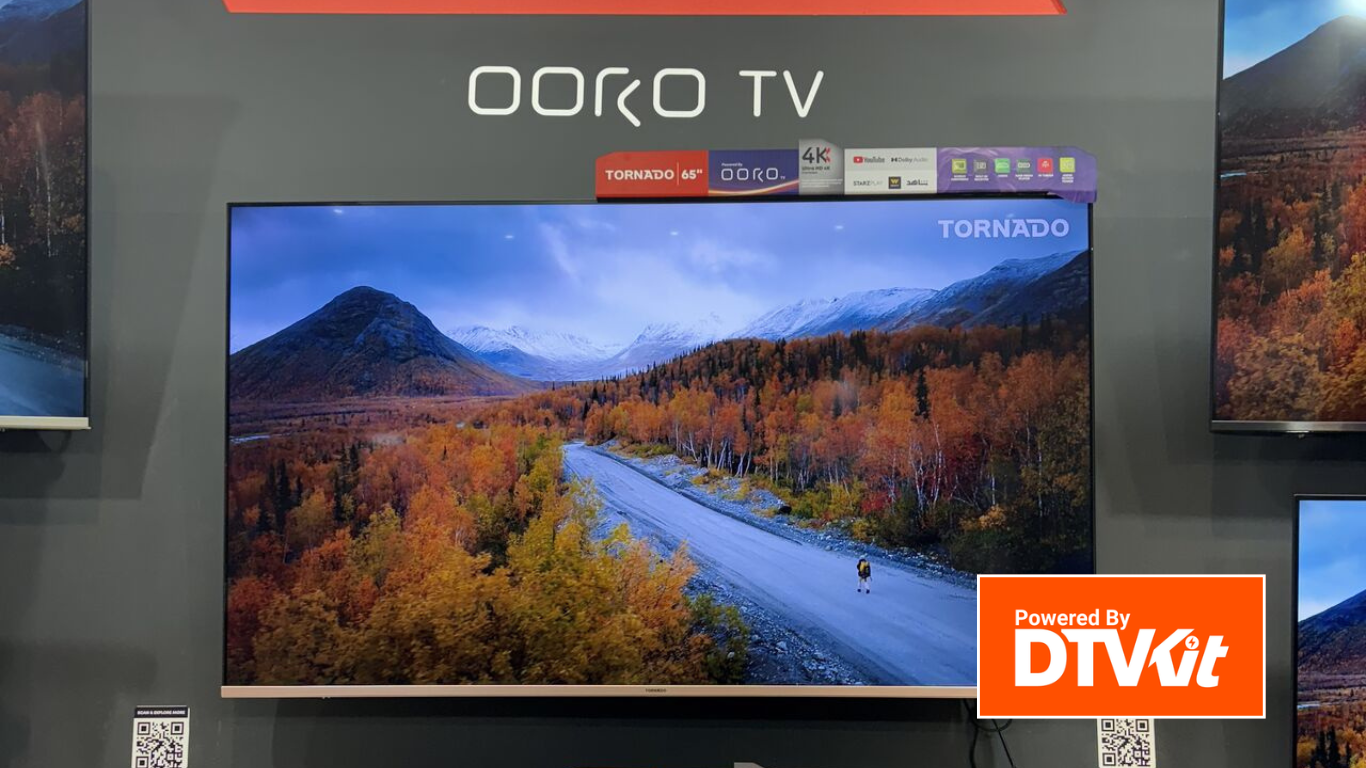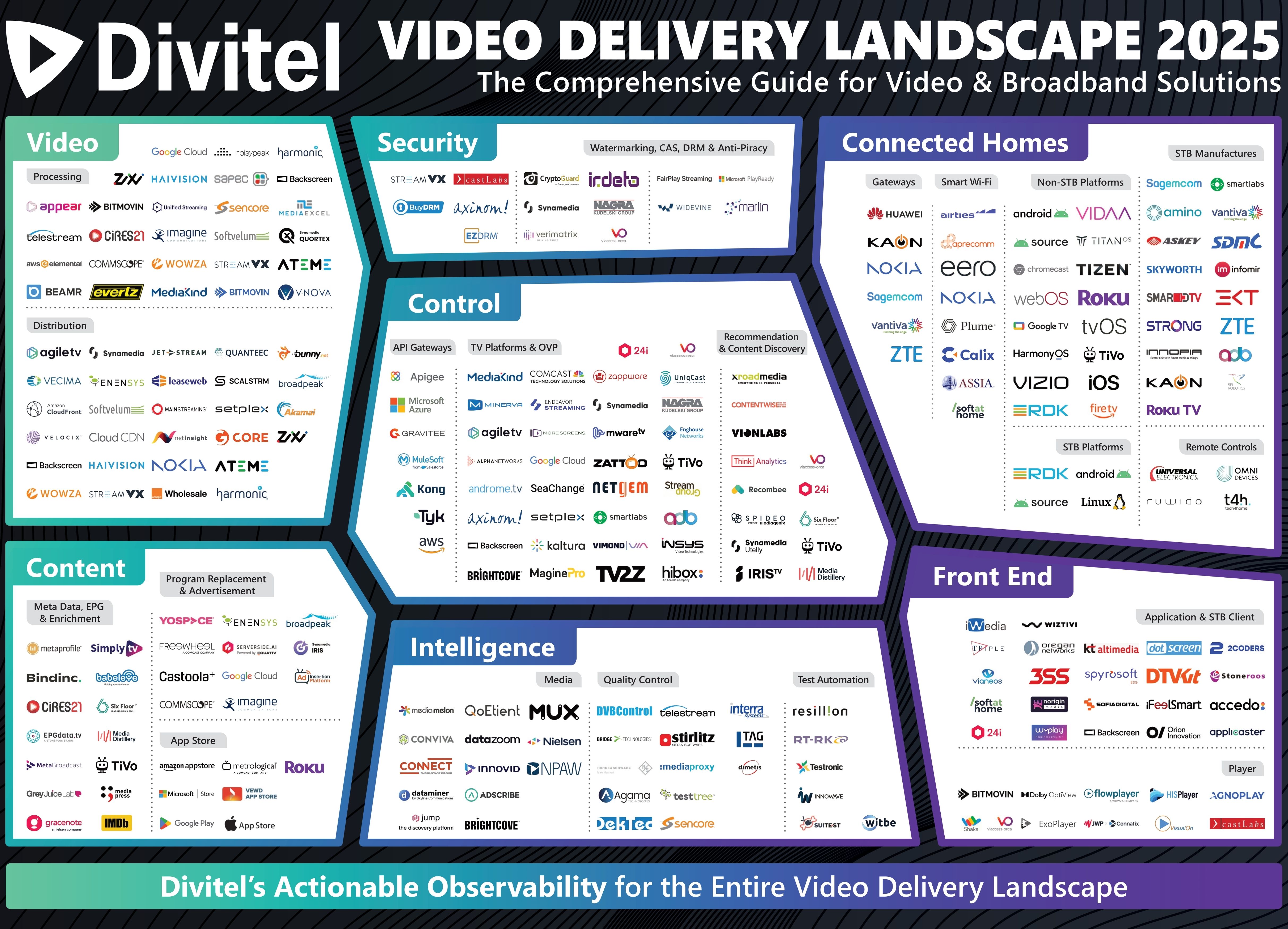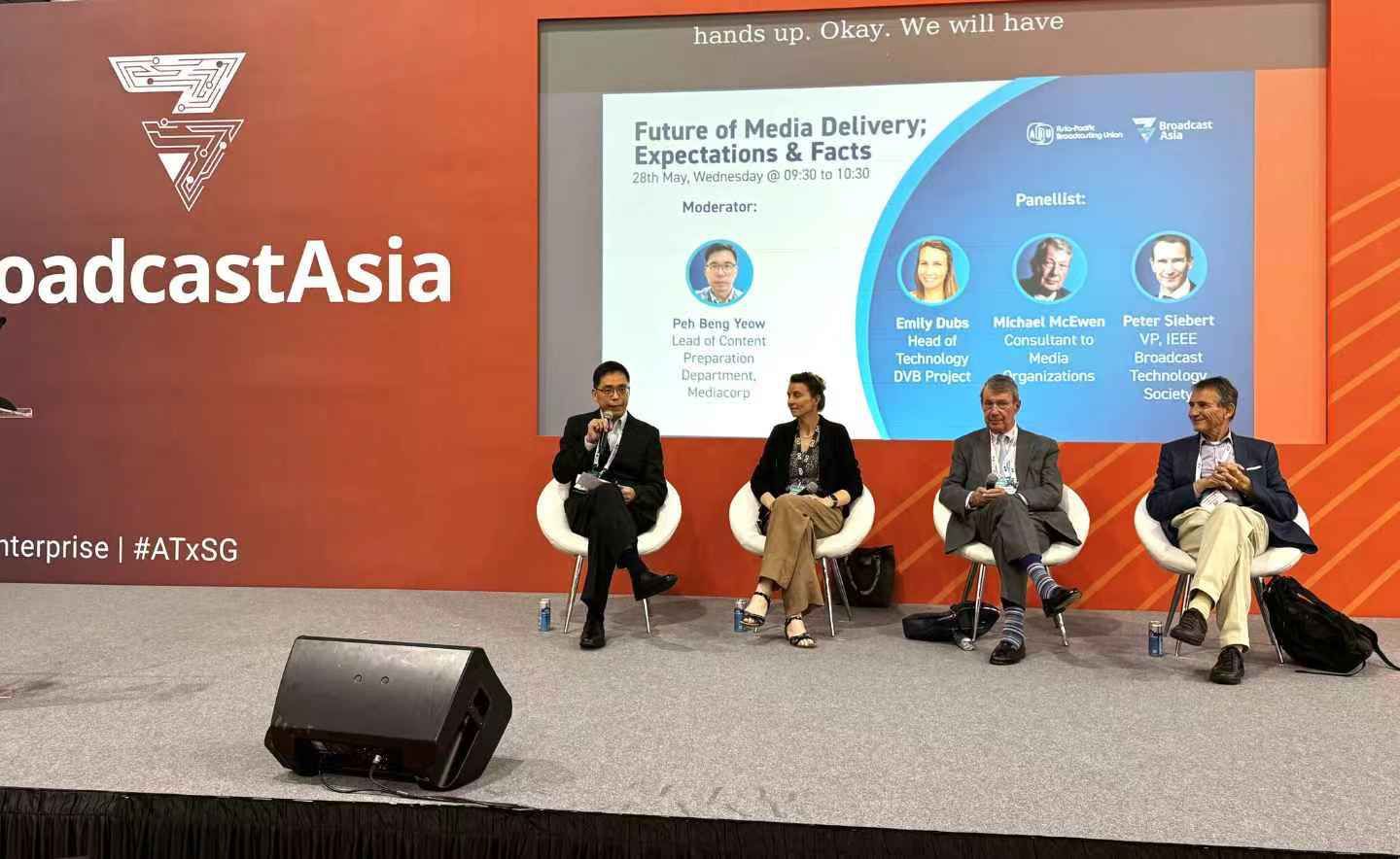As part of our ongoing commitment to our members of ensuring they have access to the latest software components, our founding members Ocean Blue Software have been busy integrating the DTVKit DVB stack with the RDK 4.0 software framework.
OBS demonstrated an initial integration at the virtual RDK summit in March this year, based on RDK 3.0, and since then they have been busy migrating the solution to RDK 4.0.
Check out the RDK 3.0 demonstration here
The integration involved the development of a Thunder nano-service for DTV, enabling RDK based applications to take full advantage of the DTVKit DVB stack in a standardised way. The nano-service provides a high-level API to the DVB stack so RDK applications can access DVB services without worrying about low-level details. With the DTV nano-service, it is straightforward for an application to scan for services, tune to a channel, and retrieve programme/EPG information. We also have been working on providing an example application which demonstrates how an RDK application can make use of the DTV nano service
The integration with RDK 4.0 is compatible with all DVB broadcasts including DVB-T/T2, S/S2 and C, and we have the integration running on the Raspberry Pi RDK reference platform, as well as Broadcom reference boards, and the Kaon video accelerator platform.
The RDK 4.0 DVB integration code is currently under review by RDK, and when accepted will be accessible to all RDK members. Binary versions of the DTVKit DVB stack for the Raspberry Pi will also be available to RDK members to allow them to test it for themselves.
OBS took advantage of the Lightning training from Metrological and are in the process of developing our own Lightning based DVB reference UI. Manufacturers and Operators will be able to leverage this to accelerate their time to market. We will also offer customisation services so that the reference UI can be tuned to your particular requirements.
